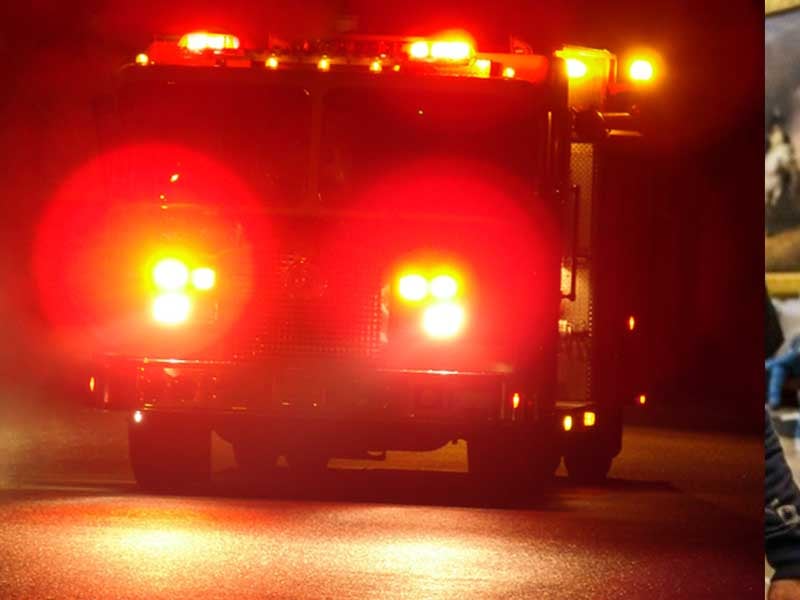Annapolis, MD – It took the deaths of two firefighters in separate house fires to spark sweeping action — and now, as of June 1, Maryland has outlawed the sale and installation of a widely used gas piping product linked to fatal blazes.
Under a new expansion of the Flynn and Laird Act, Maryland has officially banned the sale, transfer, or installation of non–arc–resistant yellow-jacketed Corrugated Stainless Steel Tubing (CSST), closing a key loophole in the original law passed in 2022. The updated measure, signed by Governor Wes Moore earlier this year, makes it illegal to sell or distribute even existing inventory of the product, including items still on store shelves.
The law is named in memory of Battalion Chief Joshua Laird of Frederick County and Firefighter Nathan Flynn of Howard County — both of whom died in fires investigators traced to lightning-induced arcing in non–arc–resistant CSST.
The tubing, commonly used to transport natural gas or propane, poses a hidden hazard during lightning strikes. The electricity can puncture the thin metal walls, sparking fires inside walls or ceilings where they can spread undetected. This creates dangerous conditions for homeowners and firefighters alike.
While the original 2022 law limited the use of non-compliant CSST in new construction and major renovations, it stopped short of banning the sale of the material altogether. The 2025 amendment now bars all commercial availability of the product statewide.
Retailers who fail to comply face civil penalties of up to $1,000 per violation. Contractors are also required to verify that any installed CSST meets arc-resistance safety standards. Homeowners planning gas line work are advised to confirm compliance with their contractors.
The move follows years of coordinated advocacy between lawmakers, Maryland fire officials, building code regulators, and the families of the fallen firefighters.
“This law is not just about materials — it’s about honoring the sacrifice of two brave men,” said Acting State Fire Marshal Jason M. Mowbray in a public statement.
State agencies plan to distribute additional safety guidance and launch a public outreach campaign to ensure compliance. A joint task force led by the Office of the State Fire Marshal and the Department of Labor will also research additional fire hazards in residential fuel gas systems.
——
Key Points
- Maryland officially banned the sale and installation of non–arc–resistant yellow-jacketed CSST effective June 1.
- The updated Flynn and Laird Act closes a loophole in the 2022 law that allowed continued sale of the dangerous tubing.
- The law honors two fallen firefighters and aims to protect both the public and first responders from hidden fire hazards.
